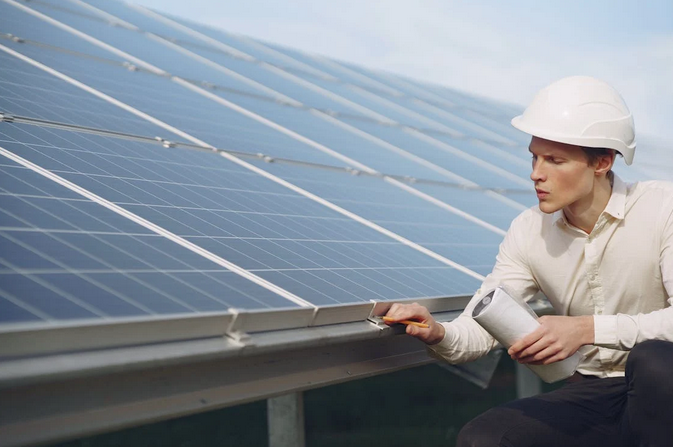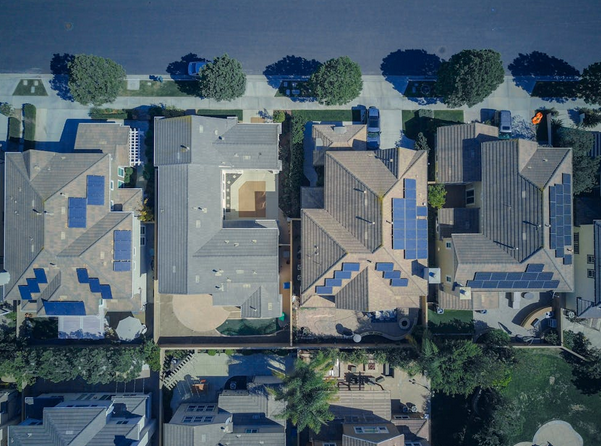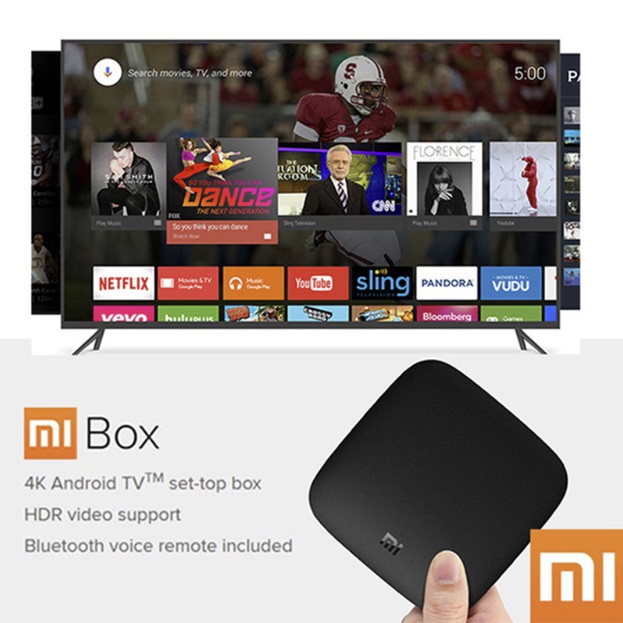Understanding Solar Panel Efficiency: What Homeowners Need to Know
If you’re considering installing solar panels in your home, one of the most important factors to understand is solar panel efficiency. This term can seem a bit technical, but it’s crucial for getting the most out of your solar energy system. In this guide, we’ll break down what solar panel efficiency means, why it matters, and how it affects your solar power system.
What Is Solar Panel Efficiency?
According to Sunshine Coast solar services, solar panel efficiency refers to the percentage of sunlight that a solar panel can convert into usable electricity. In simpler terms, it measures how well a solar panel can turn sunlight into energy. A higher efficiency rating means more electricity is generated from the same amount of sunlight, making your solar system more effective.
Why Does Solar Panel Efficiency Matter?

- Maximizing Energy Production: The higher the efficiency of your solar panels, the more electricity they can produce from the same amount of sunlight. This is especially important if you have limited roof space. Efficient panels can generate more power without needing as much space.
- Reducing Energy Costs: More efficient panels can help you lower your electricity bills faster. By generating more electricity, you can offset more of your home’s energy consumption, leading to greater savings over time.
- Improving Return on Investment: Efficient solar panels typically offer a better return on investment. Although they might have a higher upfront cost, their increased power output can lead to more substantial long-term savings.
What Factors Affecting Solar Panel Efficiency?
Several factors can influence the efficiency of solar panels, including:
- Panel Technology: There are different types of solar panel technologies, including monocrystalline, polycrystalline, and thin-film. Monocrystalline panels are generally the most efficient, while thin-film panels typically offer lower efficiency but can be more flexible and lighter.
- Panel Age and Condition: Newer panels tend to be more efficient due to advancements in technology. Additionally, well-maintained panels will perform better than those that are dirty or damaged.
- Installation Angle and Orientation: The angle and direction at which your panels are installed can impact their efficiency. Panels should ideally be positioned to receive maximum sunlight throughout the day.
How to Choose the Right Efficiency for Your Home
When selecting solar panels for your home, consider the following:
- Roof Space: If you have limited roof space, opting for higher-efficiency panels can help you maximize energy production within the available area.
- Energy Needs: Evaluate your household’s energy consumption and determine how much power you need to generate. Higher-efficiency panels might be worth the investment if you need to produce a significant amount of electricity.
- Budget: Higher-efficiency panels can be more expensive, so balance your budget with your energy needs. Sometimes, a combination of efficiency and cost can provide the best value.
- Local Climate: Consider the climate in your area. If you live in a region with high temperatures, you might need to account for potential efficiency losses due to heat.
How to Maintain Optimal Efficiency?

To ensure your solar panels continue to perform efficiently over time:
- Regular Cleaning: Keep your panels clean and free of debris to maintain their efficiency. Dust, dirt, and leaves can block sunlight and reduce power generation.
- Professional Inspections: Have your solar system inspected regularly by professionals to check for any issues that might affect performance.
- Monitor Performance: Use monitoring tools to keep track of your system’s performance. This helps identify any drops in efficiency and allows for timely maintenance.
Understanding solar panel efficiency is key to making informed decisions about your solar energy system. By knowing how efficiency impacts your energy production, costs, and return on investment, you can select the best panels for your needs and ensure they continue to perform optimally. With the right knowledge and maintenance, your solar panels can provide you with clean, efficient energy for years to come.…



